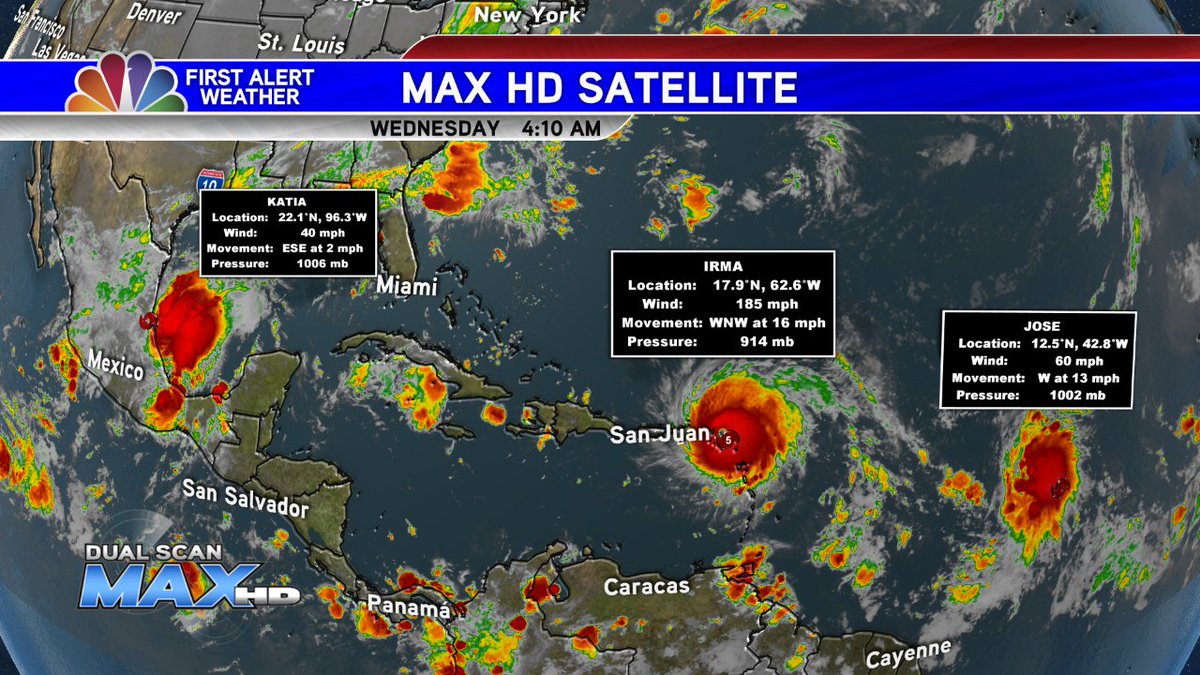dik, if you think the insurance companies are worried about a "hardship to refuse coverage to the residents" you're sorely mistaken. They'll drop their clients in a millisecond if it's costing them money. And they really hate flooding or windstorms, because the damages are extensive in an area. Because of this, I'd say the insurance companies have the one and only hammer to get things to change. They can refuse coverage until meaningful change happens. As I said above, this is how the building code got improved in Florida. Unless you're a psychopath, you're not going to build or move to a place that is uninsurable. And that hurts the real estate market. Until now, the voters are apparently not interested, so politicians get re-elected based on unlimited sprawl platforms.
From this observer, it seems like until Houston starts condemning and tearing out houses in the flood plane, creating retention areas and encouraging vertical growth, rather than horizontal, this flooding will repeat.

